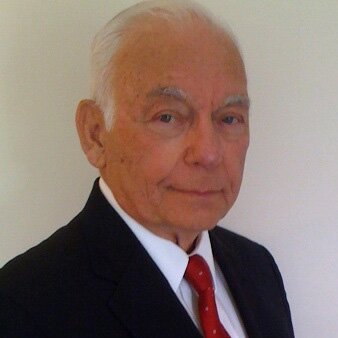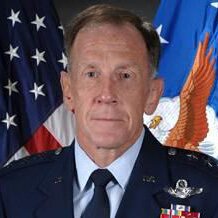Knoxnews
Friday, September 10, 2010
By Frank Munger
Ambassador Linton Brooks, who was chief U.S. negotiator for the START I arms control agreement signed by the United States and the Soviet Union in 1991, is a big supporter of the New START Treaty with Russia that would further reduce the world’s largest nuclear arsenals, and he’s urging ratification by the U.S. Senate.
New START is important for multiple reasons, Brooks said during a Thursday visit to Knoxville, but he cautioned about attaching too much importance to the treaty. Those who suggest that the Western world is hanging in the balance are “overselling a significant accomplishment,” he said.
Brooks was in town for an appearance at the Howard H. Baker Jr. Center for Public Policy on the University of Tennessee campus, and he came by the News Sentinel offices for an interview.
Asked if the New START Treaty would make the world a safer place, Brooks replied, “Yeah, marginally. I think it’s a modest, but useful step.”
He explained:
“I think we’ll be safer for several reasons if it’s ratified. We will be safer because we will build better relationships with Russia, and that’s key. We will be safer because we’ll understand the Russian nuclear programs better, and that’s important. We will be safer because we will have more standing to rally the international community to counter nuclear terrorism.
“But it isn’t like a ‘no’ vote is a vote to go buy bomb shelters because the war is coming. I think you don’t want to over-hype this. But there is no question we’re better off with this treaty than without it.”
Besides his negotiating role, which earned him the title of ambassador from President George H.W. Bush, Brooks also headed the National Nuclear Security Administration from 2003-07 under President George W. Bush.
Brooks, however, downplayed any political partisanship on his part and said he’s interested in what’s best for the nation’s security.
The New START Treaty has generated much debate in Washington and beyond, and the Senate Foreign Relations Committee is scheduled to vote on a Resolution of Ratification next week to determine if the treaty will come to a vote before the full Senate. Sen. Bob Corker, R-Tenn., is a member of the committee, and he’s been outspoken about wanting to see commitments from the Obama administration on modernizing the nuclear weapons complex – including the Y-12 National Security Complex in Oak Ridge.
Brooks said the upgrades are getting badly needed attention, and he said he takes the administration “at their word” on planned improvements.
“You do need improvements in the complex; you need to put significant money into it,” he said.
But he questioned some of the dollar figures that have been floating around, including some of the numbers used by Corker.
Asked about the senator’s comment that the proposed Uranium Processing Facility at Y-12 is now expected to cost between $4 billion and $5 billion, Brooks said, “I don’t think we know that.”
Corker and others have said that the United States has fallen behind other countries in maintaining capabilities and that the U.S. nuclear weapons complex has been underfunded by about $10 billion.
“We have no idea where that (dollar estimate) is coming from,” Brooks said.
Senior writer Frank Munger may be reached at 865-342-6329.




































